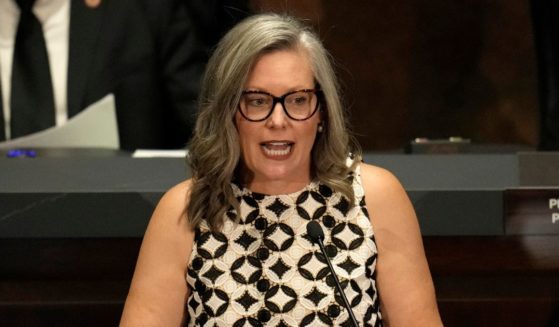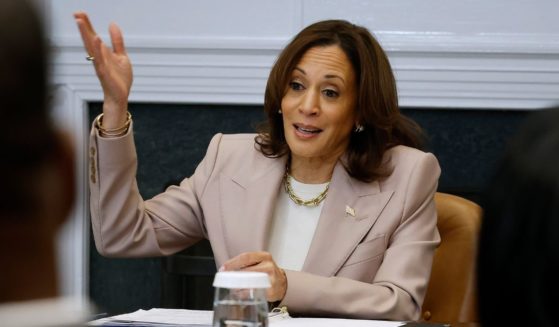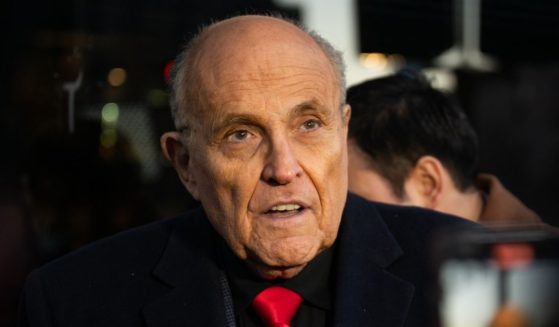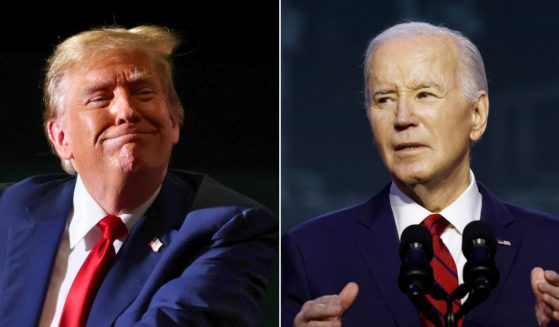Trump administration reevaluating offshore drilling plans
WASHINGTON (AP) — The Trump administration said Thursday it is reevaluating its controversial plan to sharply expand offshore drilling as it responds to a court ruling that blocked oil and gas development off Alaska and parts of the Atlantic.
Governors and lawmakers from both Republican- and Democratic-led states have strongly opposed the expanded drilling. And a federal judge last month ruled against President Donald Trump’s executive order to open the Arctic and parts of the Atlantic to broader oil and gas development, saying Trump had exceeded his authority.
Interior Secretary David Bernhardt told The Wall Street Journal on Thursday that the legal challenges may be “discombobulating” to the administration’s overall drilling plans. Bernhardt says the administration may have to wait for the challenges to fully play out in court.
Interior spokeswoman Molly Block said that given the court setback, the agency “is evaluating all of its options.”
The Interior Department’s Bureau of Ocean Energy Management “will carefully consider all public input received, including comments from governors of affected states, before making final decisions” on expanded drilling off the country’s coasts, Block added.
Environmental groups welcomed what they said amounted to a delay in the administration’s coastal drilling expansion plans. Collin O’Mara of the National Wildlife Federation said the administration “needs to go one step further and fully and permanently scrap its plan to open our coasts to unfettered offshore drilling.”
But Randall Luthi, head of the National Ocean Industries Association trade group, urged against a “hard stop” in administration planning on expanded offshore drilling. “What cannot be delayed … is the importance of domestic production to meet the growing demand for affordable, reliable American energy,” he said.
The Trump administration announced a new five-year plan last year that would open up 90 percent of U.S. offshore reserves to development by private companies. Then-Interior Secretary Ryan Zinke said it would promote responsible energy development, boost jobs and pay for coastal conservation efforts.
The plan calls for expanded drilling in the Arctic and off the Atlantic coast and would open up waters off California for the first time in more than three decades. Drilling would be allowed from Florida to Maine in areas that have been blocked for decades.
Industry groups said the plan would encourage economic growth and create thousands of jobs, while environmental groups denounced the plan, saying it would cause severe harm to America’s oceans, coastal economies, public health and marine life.
The plan drew bipartisan criticism in Congress, as lawmakers in coastal states said oil drilling off the coast could put their economy, environment and marine life at risk.
Governors from coastal states asked to be removed from the plan, but Interior officials said they were pressing forward even as they promised to take local concerns into consideration.
Offshore drilling was a key factor as the Senate confirmed Bernhardt as interior chief this month. Florida Republican Sens. Marco Rubio and Rick Scott voted in favor of Bernhardt after receiving assurances from him and other administration officials that Florida would be excluded from drilling proposals. A moratorium on offshore drilling in Florida expires in 2022.
Rubio said in a statement on the day of the vote that he is “confident that when all is said and done the ban on oil drilling off of Florida’s coasts will remain in place.”
Bernhardt has declined to publicly rule out drilling off any state, including Florida.
The Western Journal has not reviewed this Associated Press story prior to publication. Therefore, it may contain editorial bias or may in some other way not meet our normal editorial standards. It is provided to our readers as a service from The Western Journal.
Truth and Accuracy
We are committed to truth and accuracy in all of our journalism. Read our editorial standards.












